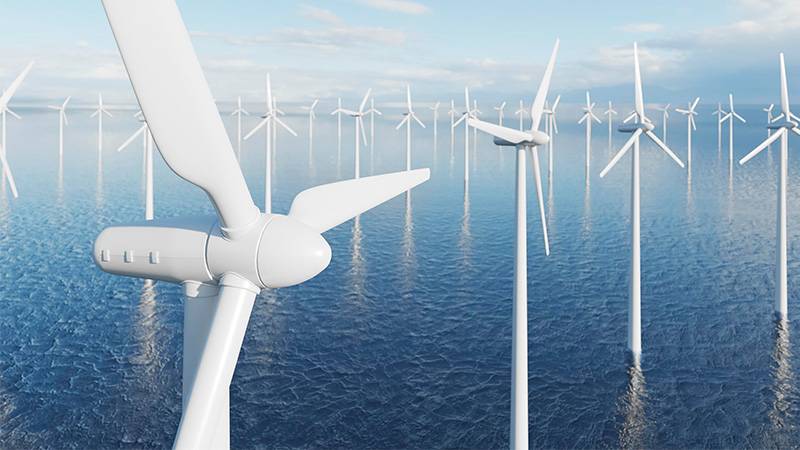Michigan’s Senate recently passed a series of progressive clean energy bills, positioning the state as a front-runner in the battle against climate change. This legislative package, passed with narrow Democratic majorities in both Statehouse chambers, signifies a major shift for a state historically reliant on factory pollution. These bills originate from Governor Gretchen Whitmer’s “MI Healthy Climate” plan, emphasizing her commitment to various progressive causes.
The central aspect of this new climate package, expected to be signed into law by Governor Whitmer, mandates Michigan to fully transition to carbon-free energy sources like wind and solar by 2040. This goal aims to eliminate emissions from coal and gas-powered plants. Additionally, the legislation strengthens energy efficiency standards for electric utilities, broadens participation in rooftop solar programs, and simplifies permits for new renewable energy projects.
Governor Whitmer highlighted the growing support for clean energy in Michigan, a state traditionally dependent on industrial power. This shift is partly driven by the tangible impacts of climate change in Michigan, including flooding in Detroit, algae issues in the Great Lakes, and declining fruit crops.
Currently, coal and natural gas each contribute about a third of Michigan’s electricity, with nuclear power at 22%, and renewables, mainly wind, at around 12%. This new law aims to outpace even California in adopting zero-emission, climate-friendly electricity sources.
Experts like Dallas Burtraw from Resources for the Future commend Michigan’s ambition, placing it among a select group of states leading in clean energy transformation. These state-level efforts are vital for the U.S. to achieve President Biden’s goals of halving emissions by 2030 and neutralizing them by 2050.
Support for the legislation, which once would have been unthinkable in such an industrialized state, has grown as Michigan has experienced the economic toll of climate change, Governor Whitmer said. She pointed to increased flooding in Detroit, the spread of toxic algae in the Great Lakes and the decline of the state’s cherry and other fruit crops.
However, this legislation faces opposition. Republican Senate leader Aric Nesbitt criticized the strategy as extreme and potentially damaging to economic growth. Similarly, Michael Johnston from the Michigan Manufacturers Association expressed concerns about increased energy costs and reliability issues, fearing a negative impact on manufacturing in the state.
Despite these concerns, the legislation has potential benefits for Michigan, particularly with federal support from the Inflation Reduction Act, which offers $370 billion for clean energy initiatives. State Senator Sam Singh, a key sponsor, anticipates this federal funding to mitigate the financial burden of Michigan’s energy transition.
According to The New York Times, concessions have been made to accommodate electric utilities. While the original bill set a 2035 deadline for 100% clean energy, this has been extended to 2040. Additionally, the legislation allows for the continued use of natural gas, provided carbon dioxide emissions are captured and stored.
Despite some environmentalists expressing reservations about these compromises, the general consensus is that the legislation is a significant step forward. Lisa Wozniak from the Michigan League of Conservation Voters views it as a bold statement on Michigan’s commitment to addressing climate change and establishing national leadership in this arena.
More inspiring green news similar to this:


